Simple and complicated are typically mutually exclusive, except when it involves certain small arms from Italy. The Mitragliatrice Breda calibro 8 modello 37 — more commonly known as the Breda M37 — medium machine gun was such a firearm. It utilized just four moving parts and — despite a common misconception — didn’t require an oiler, yet it employed an odd feed system that seems counter-intuitive.
The Breda Model 37 was produced as the company’s efforts to field a replacement for the Fiat-Revelli Modello 1914 water-cooled medium machine gun that saw service during World War I. It was also a follow-up to the Fucile Mitragliatore Breda Modello 30 (Breda 30) light machine gun, although the two Breda designs share almost nothing in common.
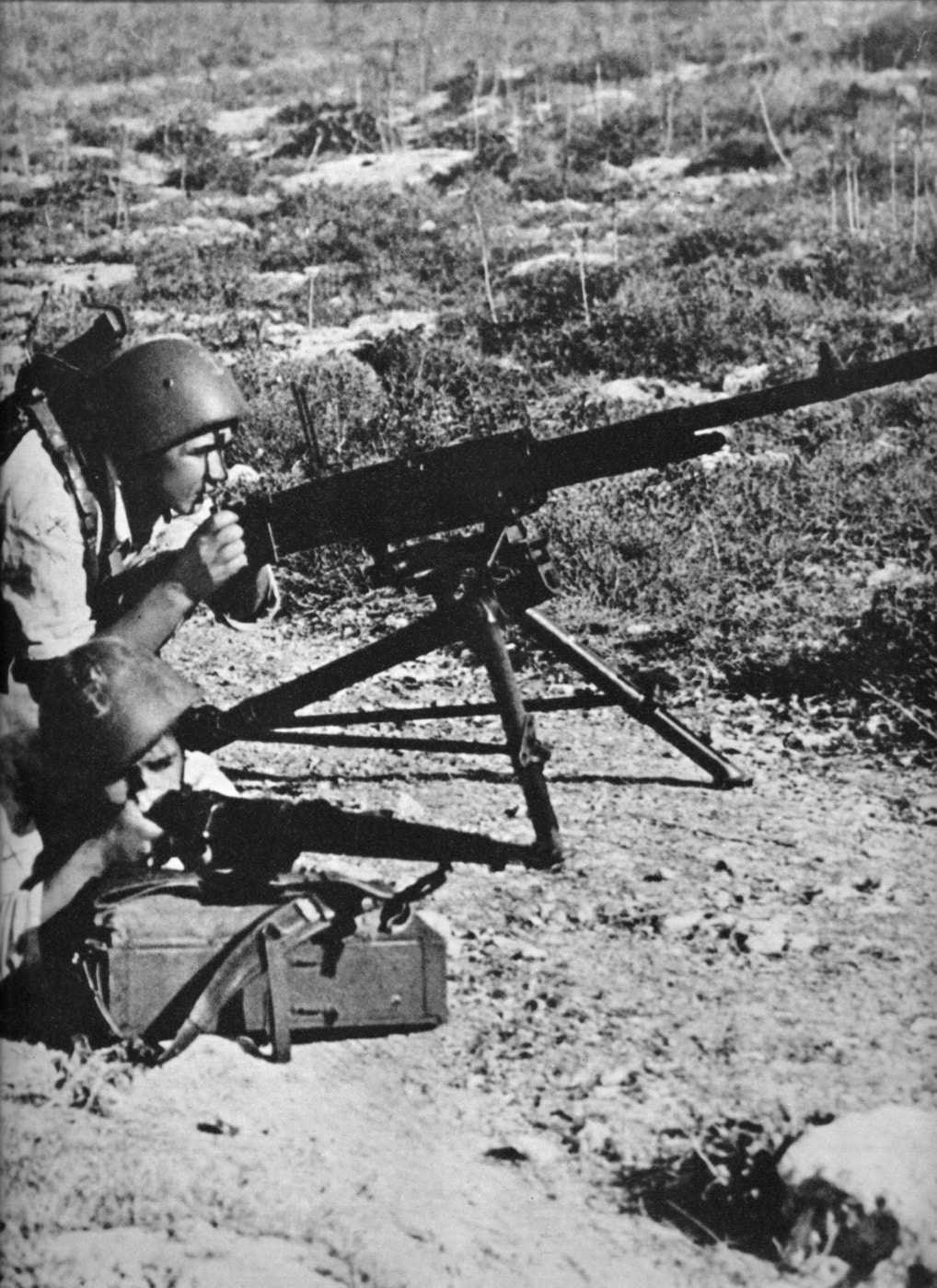
It should be noted that the Model 30, which was fed by a side-mounted magazine, did require the use of an oiler, and that is where some confusion lies with the Model 37.
The Hotchkiss Influence
The Model 37 had little in common with the Model 30, and rather was part of the series that began with the Breda Model 1931 machine gun — a licensed copy of the Hotchkiss 13.2mm machine gun. That heavy machine gun was utilized as a light anti-aircraft gun on Italian warships, while on land it was employed on armored vehicles. Chambered for the 13.2x99mm Hotchkiss Long cartridge, it was lacking in the anti-aircraft role and was replaced by the Breda 20/65 Mod.35 that fired the 20x138mmB shell.
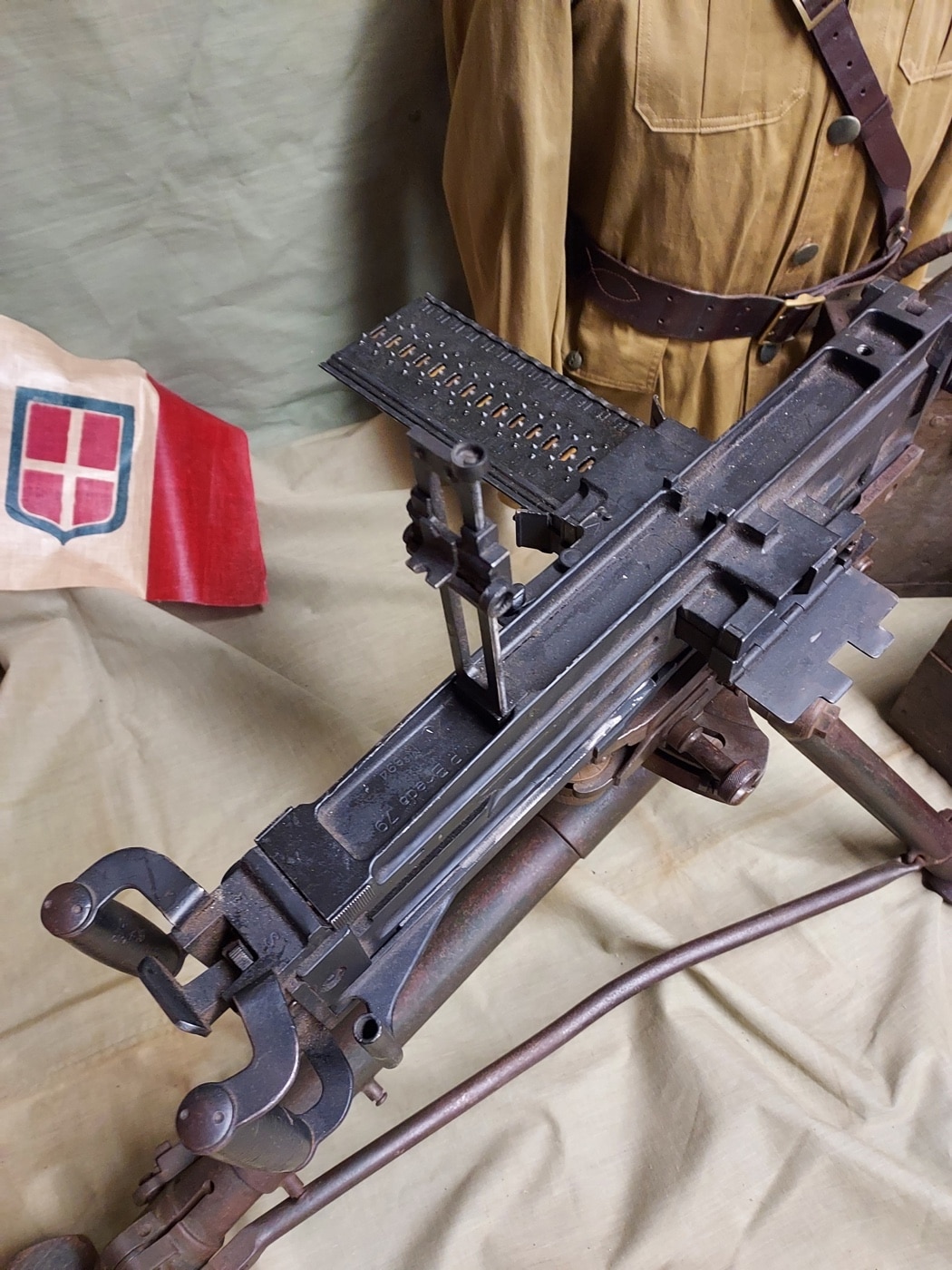
At the same time, the 13.2mm heavy machine gun was considered a little large for use as a secondary armament on Italy’s two-man “tankettes” — and that persuaded the engineers at Breda Meccanica Bresciana to scale it down.
This is where the Breda M37 enters the picture.
It was chambered for the 8x59mm RB Breda round, which was slightly larger than the rifle cartridges employed in other machine guns of the era. This caused the first complications for the Italian military. It meant that while the machine gun packed more of a punch, it also resulted in ordnance supply issues.
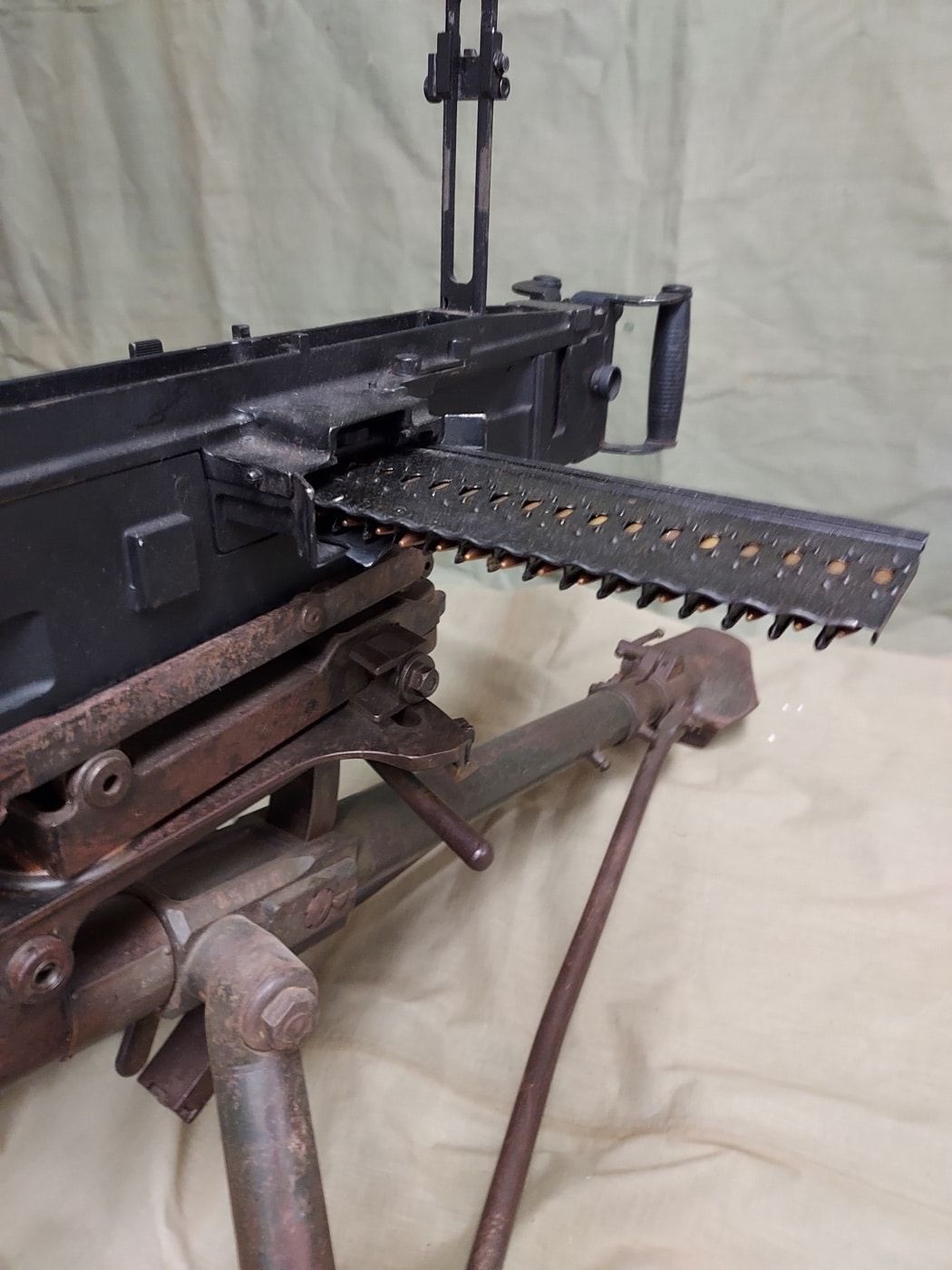
It also took several years for the cartridge to be developed and approved and then for the machine gun to enter service. This explains the six-year gap.
The Breda Model 37 used the same rising block system of breech-locking as the Model 31, and it was reasonably effective. However, it was noted for its slow rate of fire — 460 rounds per minute in theory, but around 200 rounds per minute in practice. That fact likely helped address the issue of the barrel overheating — a common problem with many air-cooled machine guns.
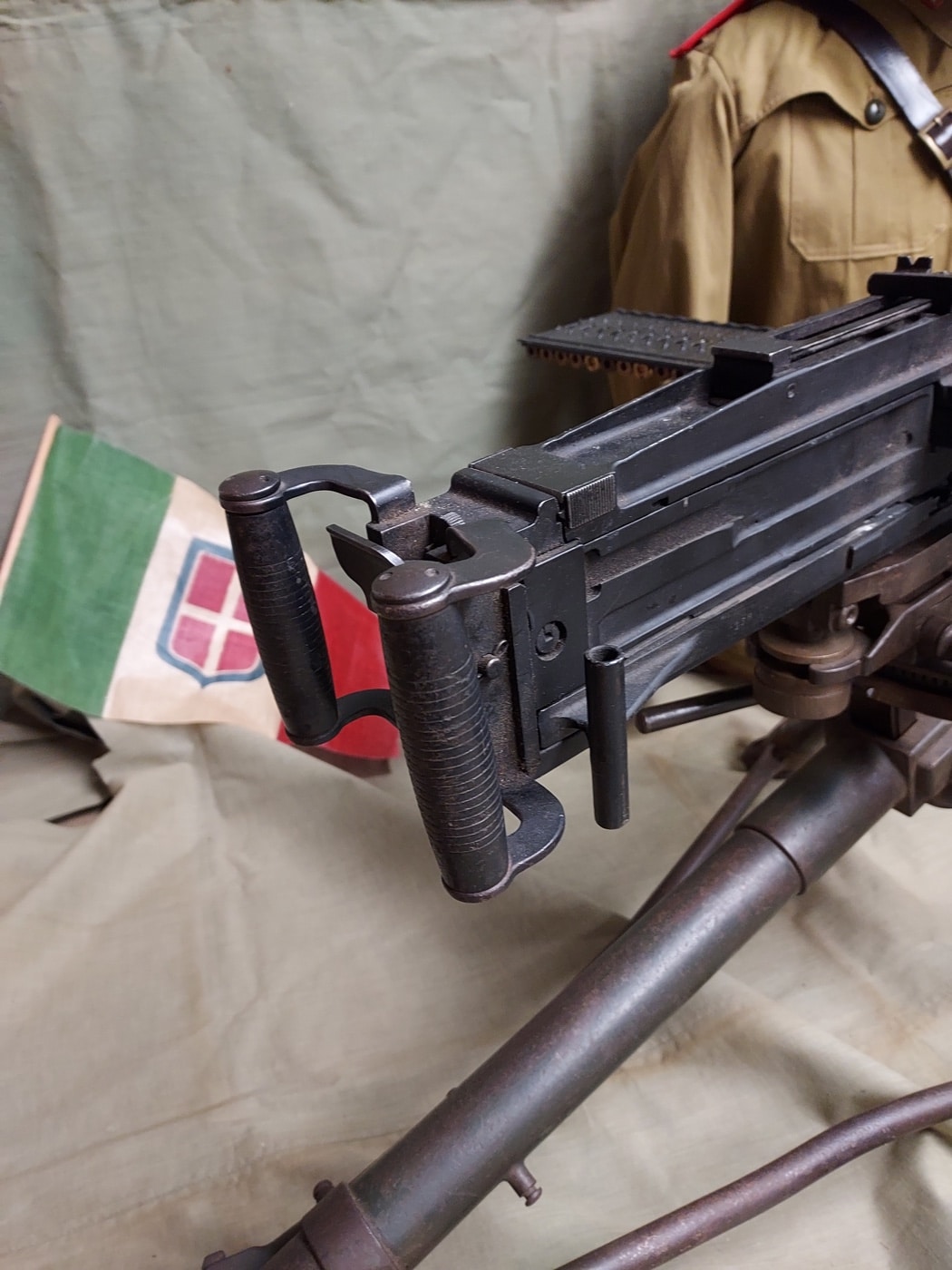
The gas-operated weapon was also noted for its modern appearance, but that also helped conceal its design flaws. As noted, it utilized just four moving parts. That was meant to address jamming, but like all of Breda’s machine gun designs, the action was somewhat violent and could result in tears at the case rims.
The designers at Breda Meccanica Bresciana also opted to employ metal feed strips instead of a belt or box magazines. A 20-round strip was fed into the left side of the machine gun, but unlike the Hotchkiss or derivatives, which would expel the casing, the movement of the bolt — driven by the gas piston — removed the cartridge from the strip, fed it into the chamber, fired it and then extracted the empty case and replaced it in the strip.
After the 20th round was fired, the strip was ejected from the right side of the weapon with the casings intact.
The assistant gunner could insert a new strip and the process repeated.
This design dated back to the Model 31, and actually even further back to the Perino Model 1908 machine gun. There isn’t a good reason why the Perino machine gun employed this system, but as the Model 31 was to be used in tanks, it was thought this could ensure that the brass casings wouldn’t inadvertently end up in a vital component of the vehicle.
When the weapon was downsized and it was decided to employ it as a standard infantry medium machine gun, the system remained. Now, in theory, the strips with empty casings could be returned to the boxes and sent back to the quartermaster or supply depot. Recycling cartridge cases for reloading was a common practice with some militaries, and the Italian designers likely thought of the advantages it could offer for logistics.
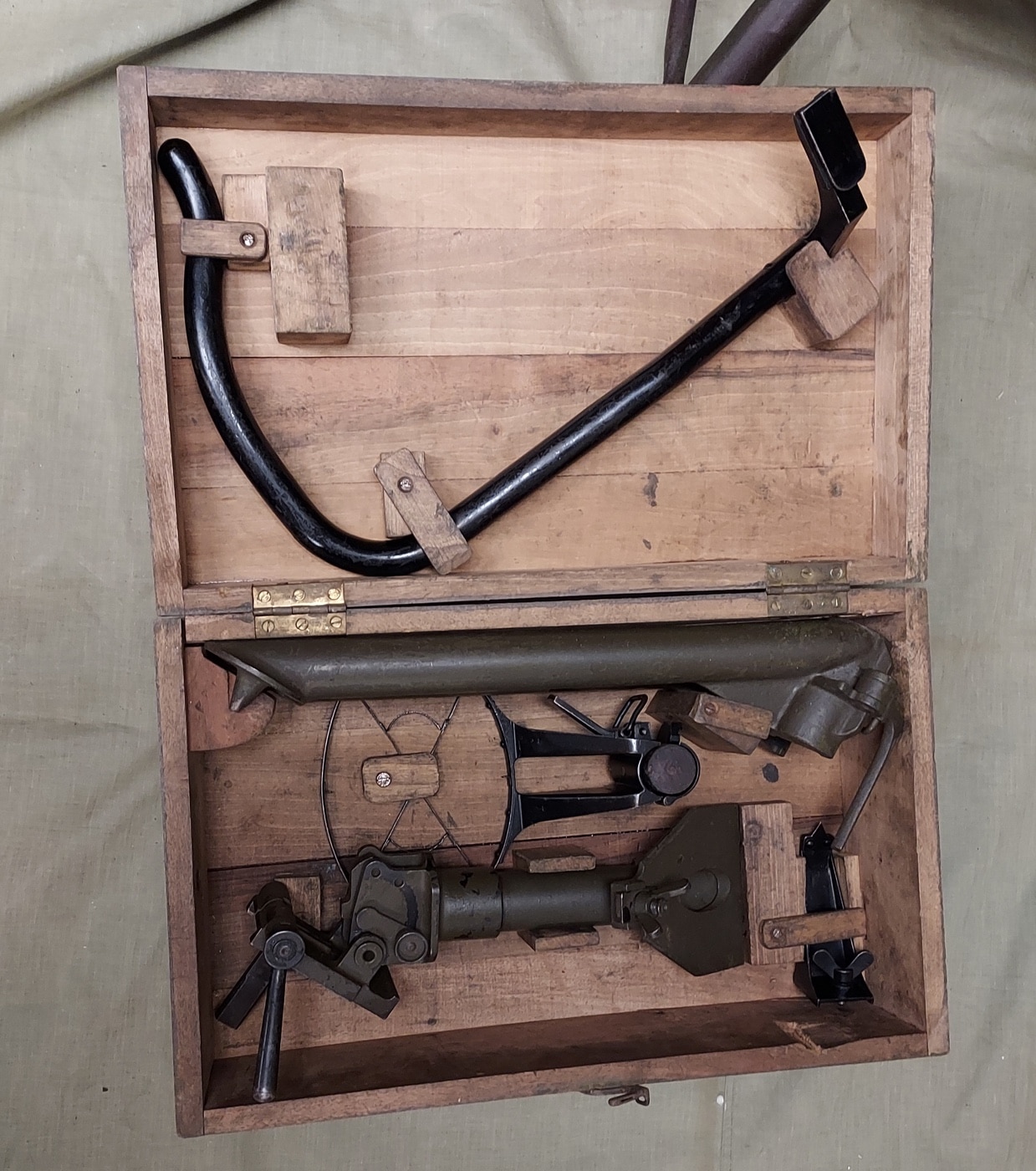
In practice, gunners and assistants didn’t likely think of what would happen to the spent casings. Even worse, it meant that ammunition in boxes couldn’t be loaded into empty strips. Instead, another soldier would have to manually remove the casings before fresh cartridges could be loaded on the strip!
It is true that some units were issued with a loading machine that would remove the empty cases from the trays as it is re-fed, but it still added an extra step. Soldiers in combat don’t like extra steps of any kind. Moreover, the feed system also required some of the energy from the gas to place the casing back on the feed strip, and that contributed to the weapon’s slow rate of fire.
There have been reports that the cartridges needed to be oiled for the process to properly work, but that has been disputed by numerous sources. There is also no built-in oiler and no evidence that Italian troops would have had to manually oil the individual cartridges.
Breda M37 — A Generally Reliable Weapon
The Model 37 is believed to have had its baptism of fire in the North African Campaign during World War II. The Italian Army isn’t exactly remembered for its performance, and it saw early defeats when it faced the British Army.
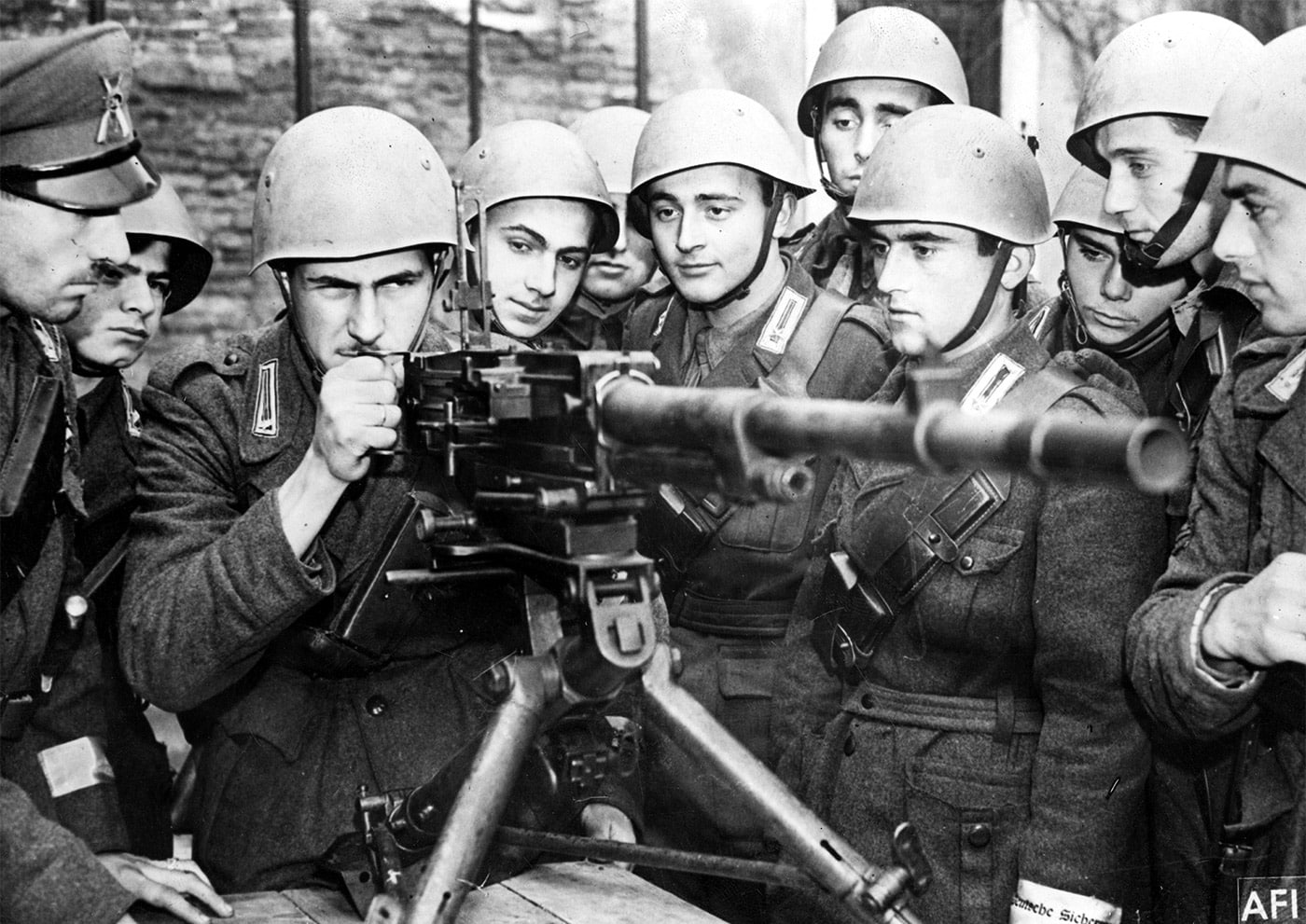
However, the Breda M37 medium machine gun performed reasonably well.
As suggested, the slow rate of fire likely helped address any overheating issues, even in the desert climate. At the same time, its heavy round offered excellent range and penetration against British and Allied vehicles.
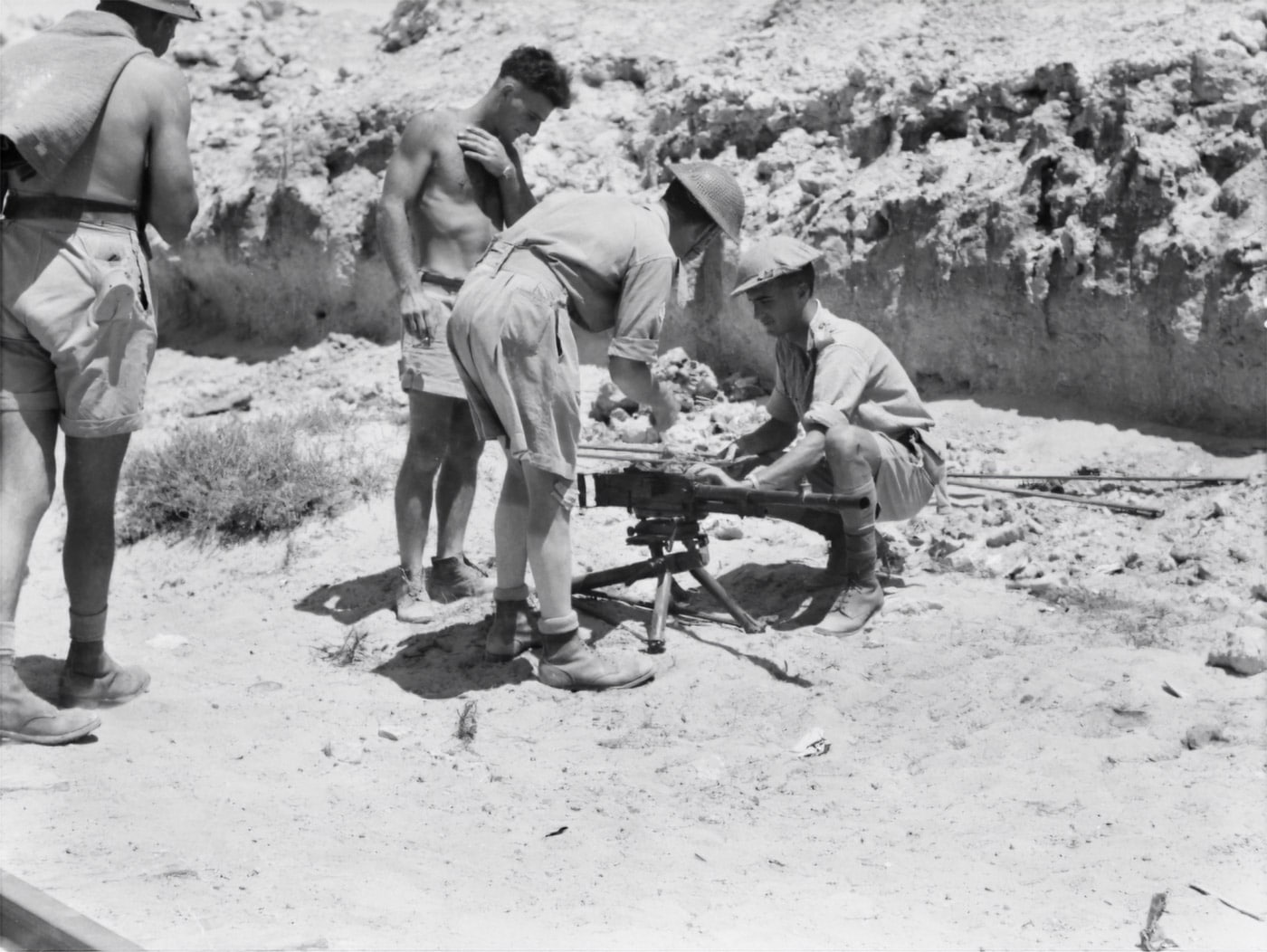
On the flip side, thanks largely to its tripod, it was twice as heavy as the German general-purpose machine guns like the German MG 34. In fact, the Model 37 — even without the tripod — has been recorded as being among the heaviest rifle-caliber machine guns of the war.
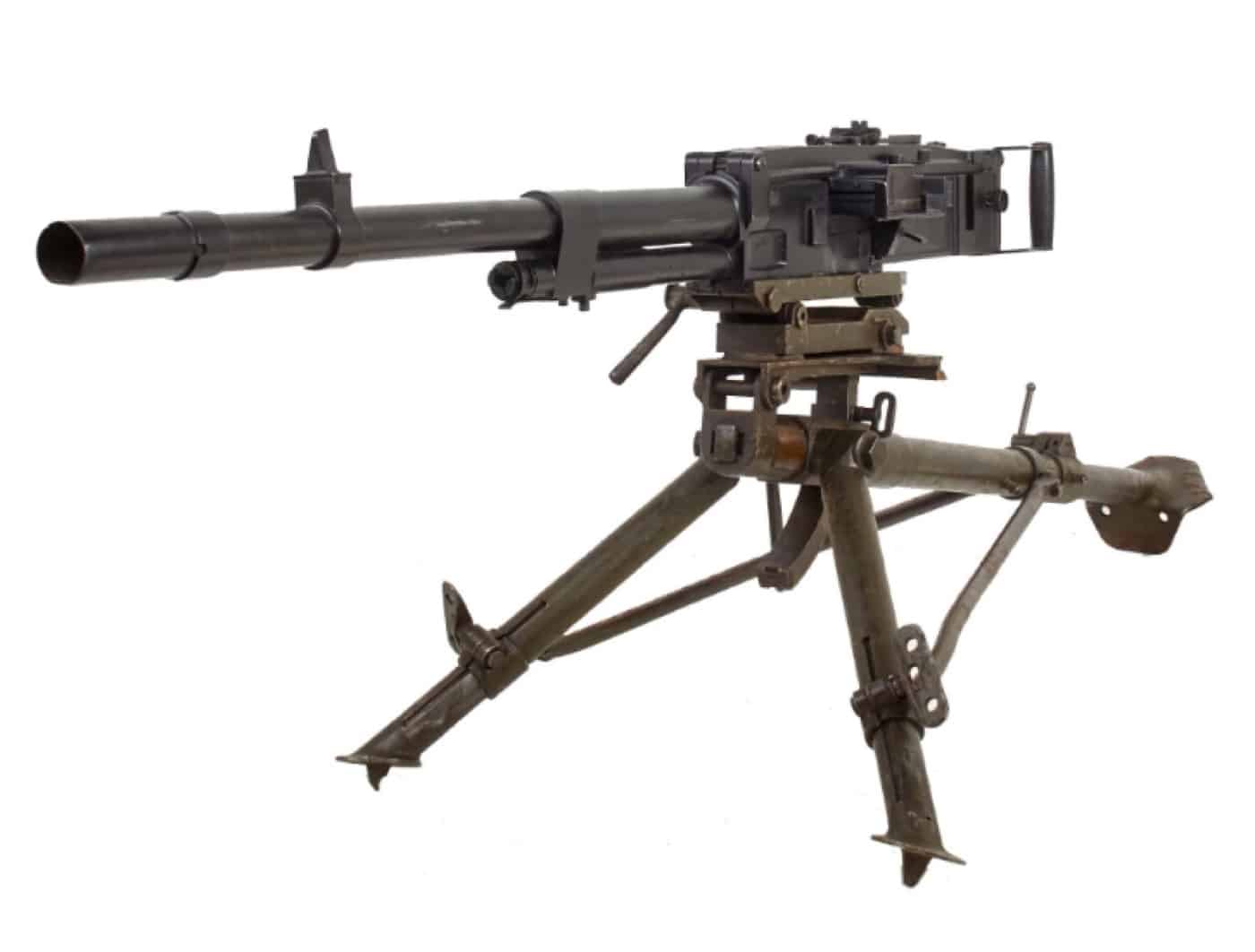
The tripod was also noted for being able to be adapted to an anti-aircraft mount. As with other design elements, this likely also seemed ideal in theory, but it meant that crews would have to carry a box of extensions. It required several minutes to convert the tripod from infantry use to anti-aircraft, and it was hardly a staple platform, while reloading was a cumbersome affair to say the least!
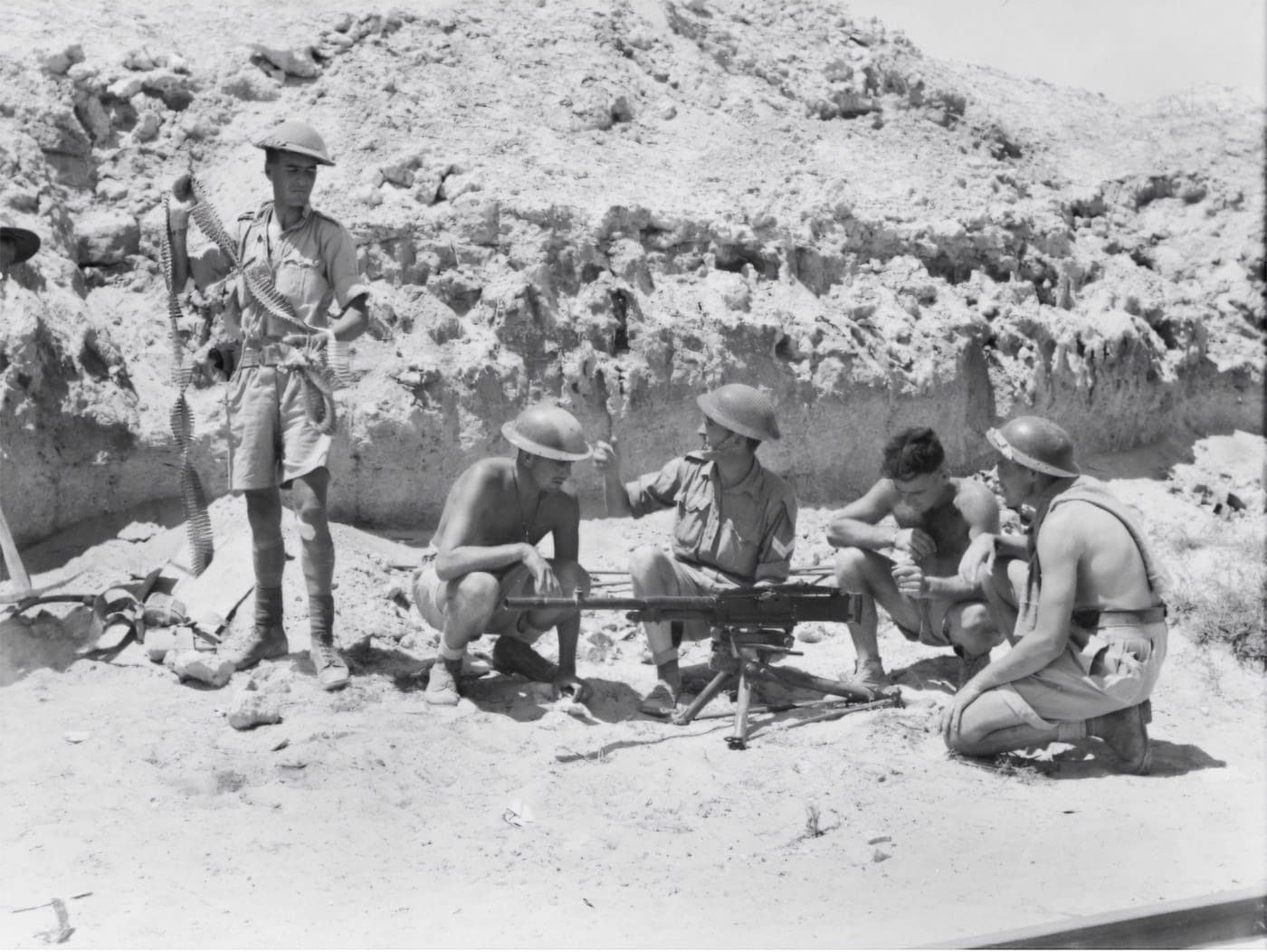
Production of the Breda-designed weapon continued until Italy surrendered to the Allies in 1943. With the Kingdom of Italy then becoming a co-belligerent against the Germans, while the Italian Socia Republic remained an ally/puppet state of Nazi Germany, the weapon was used extensively by Italians against other Italians.
Before the Second World War, Portugal acquired a number of Model 1937 light machine guns, and those were employed as the Metralhadora pesada 7.92 mm m/938 Breda, chambered in 7.92x57mm Mauser. The weapons remained in service for decades and saw limited use in the Portuguese Colonial War of the 1960s and early 1970s.
Breda 38 Machine Gun
A variant of the Breda M37 was produced for vehicles as the Breda 38 or modello 1938 — not to be confused with the Beretta-made submachine gun. Germany designated the gun the Kampfwagen-Maschinengewehr 350(i).
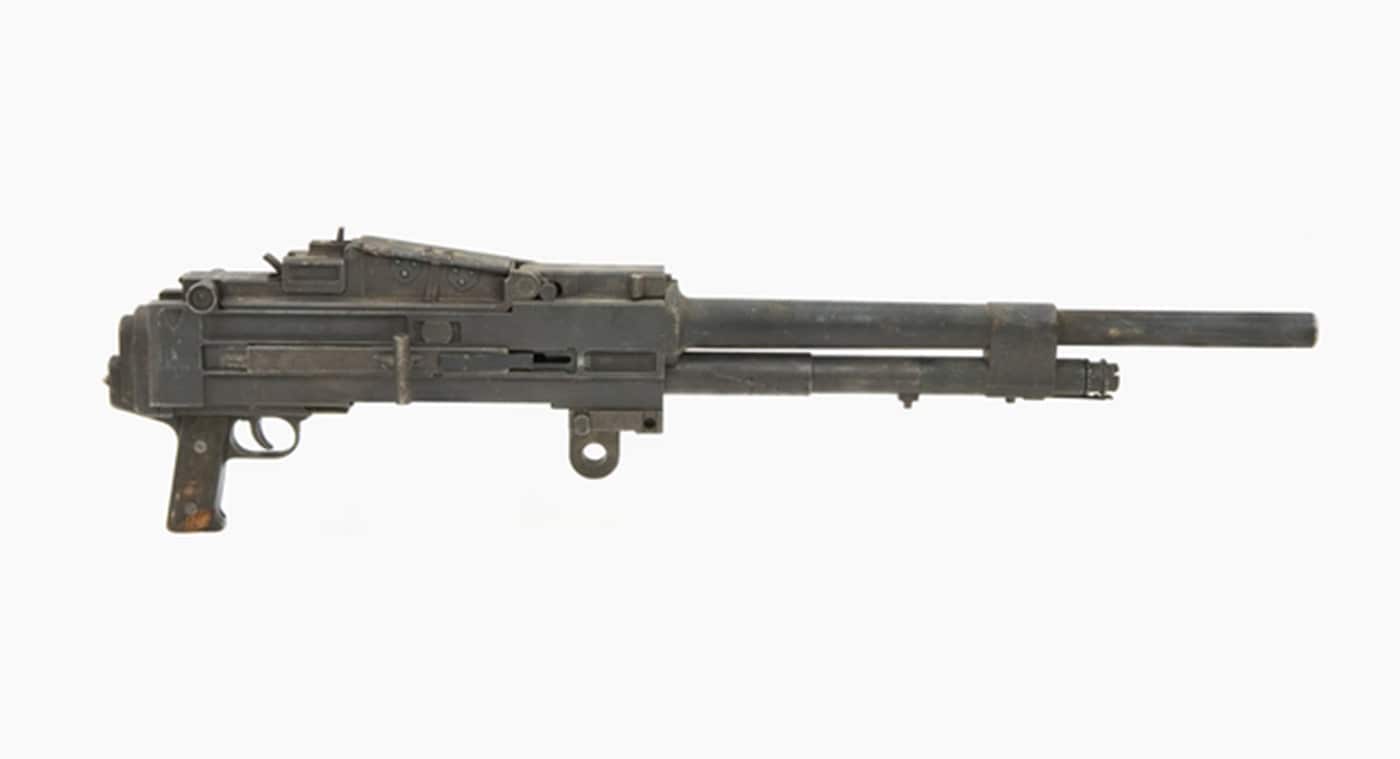
It was fed by a top-mounted box magazine and employed a pistol-style grip. It featured a special basket that could catch spent cases.
Why that model wasn’t adopted with the infantry while the Breda M37 remained in use has never been fully explained. It was simply the Italian military’s way of doing things.
Model 37 in Popular Culture
The Breda Model 37 hasn’t exactly been a pop culture icon, but it has appeared in a number of Italian-made films — beginning with the 1951 film Attention! Bandits! It was featured in the 1969 Yugoslavian war drama The Battle of Neretva, which starred Yul Brynner, Orson Wells and Hardy Krüger. A Model 37 is also seen in the brief action sequence in the 2001 film Captain Corelli’s Mandolin and was seen in the recent MGM+ series Rogue Heroes.
Editor’s Note: Please be sure to check out The Armory Life Forum, where you can comment about our daily articles, as well as just talk guns and gear. Click the “Go To Forum Thread” link below to jump in!
Join the Discussion
Read the full article here

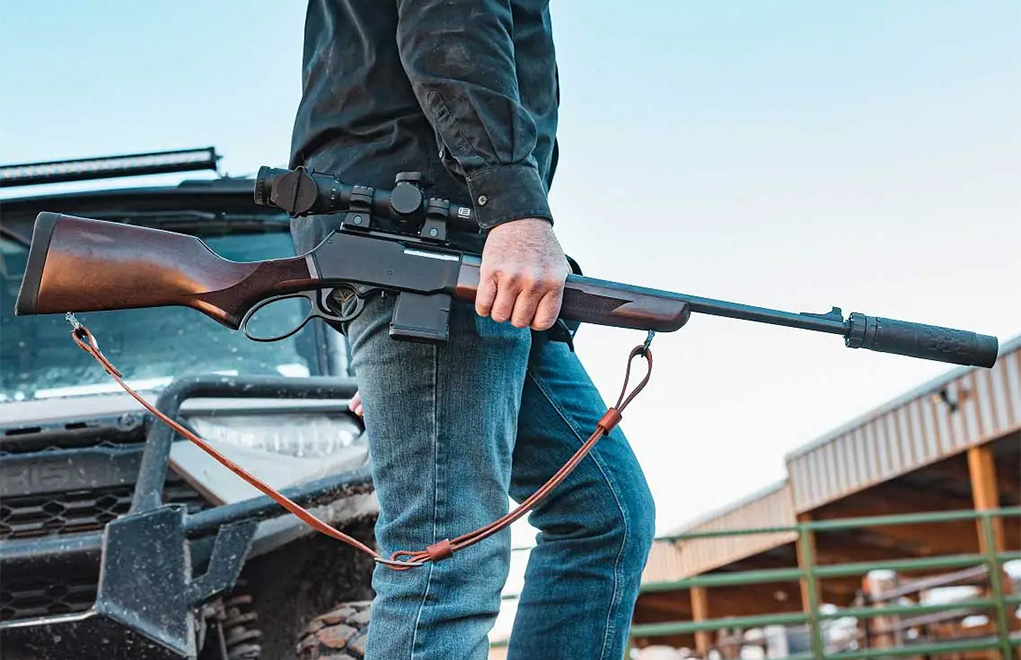
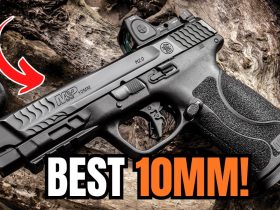


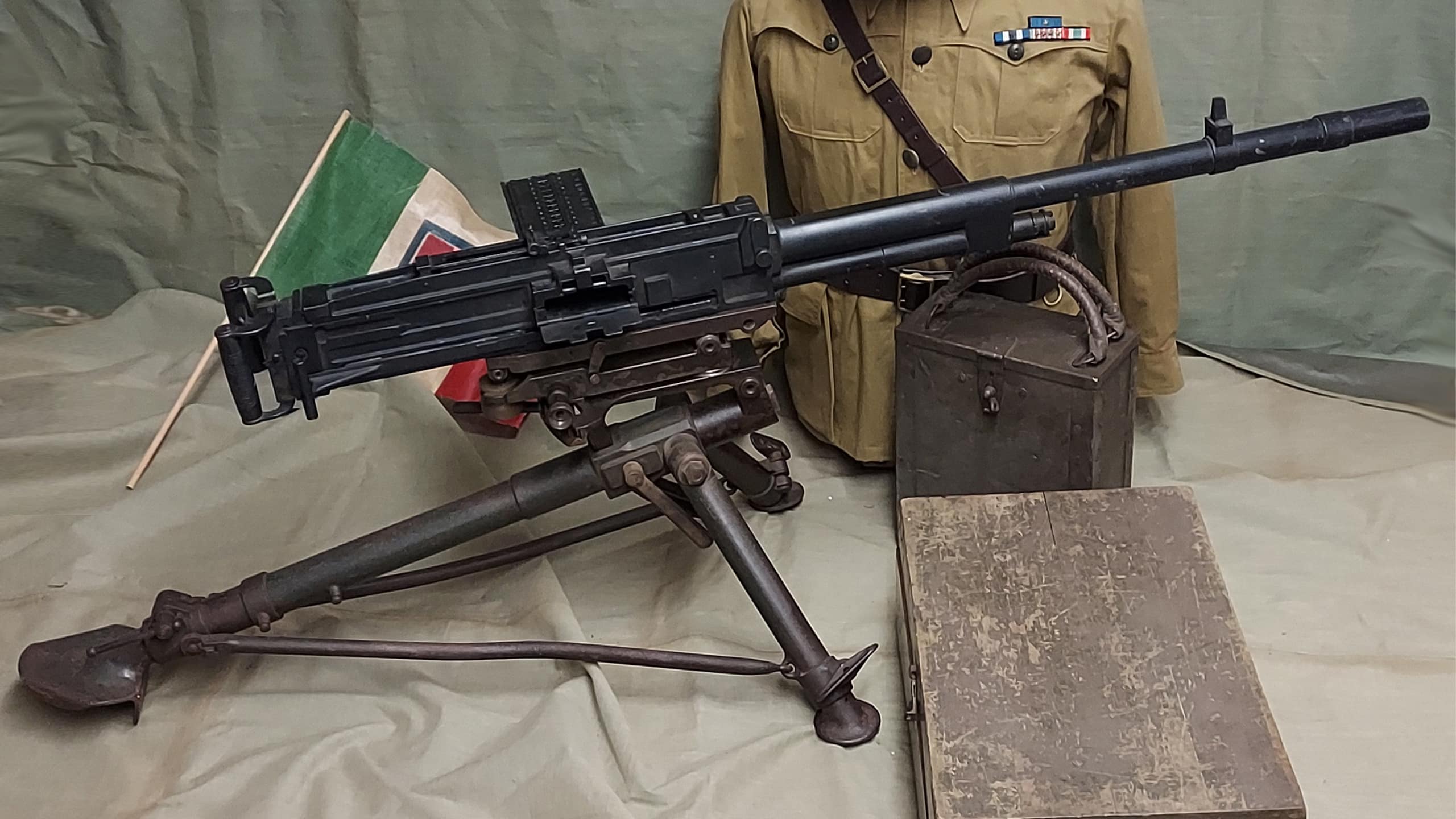

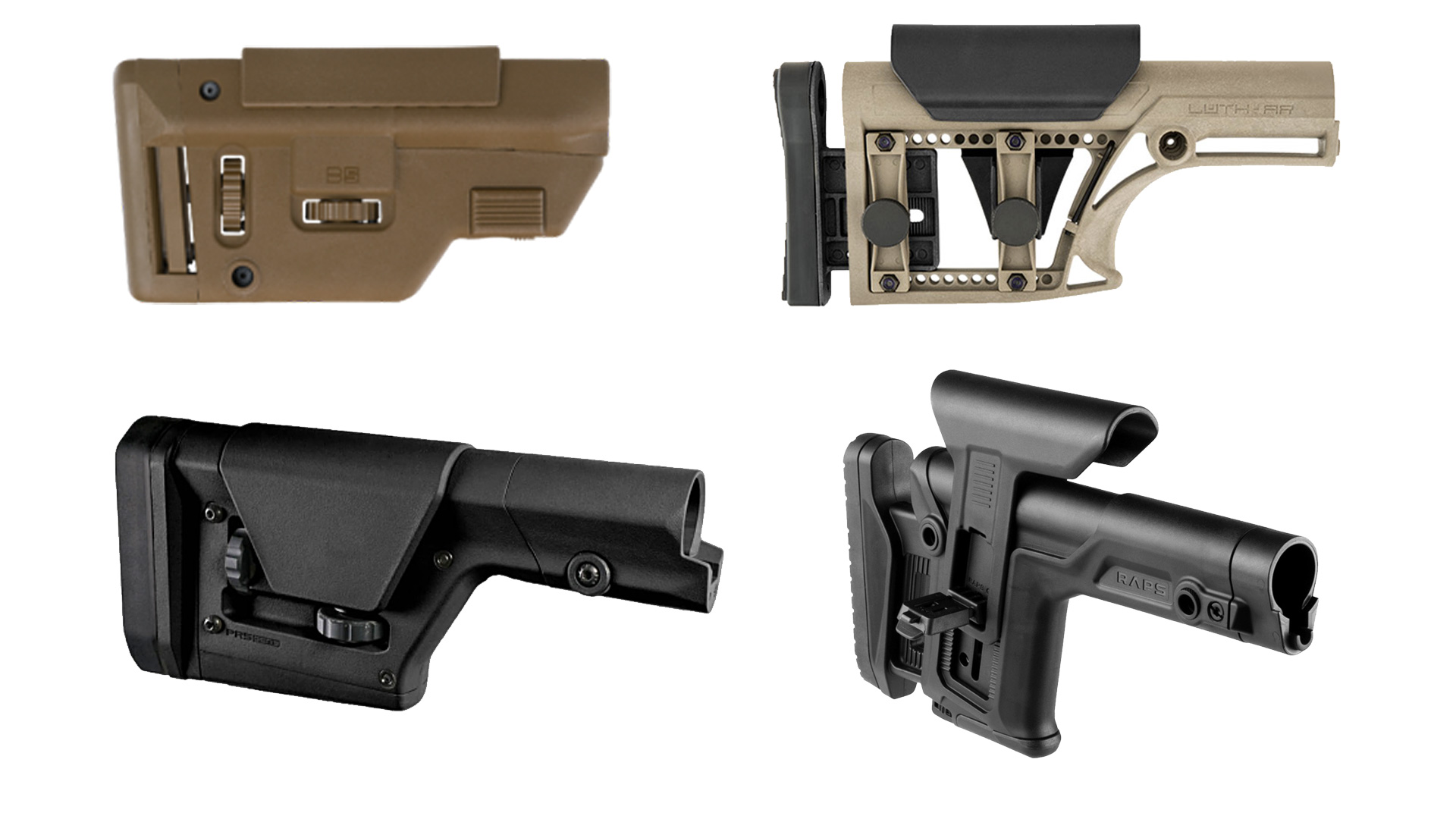
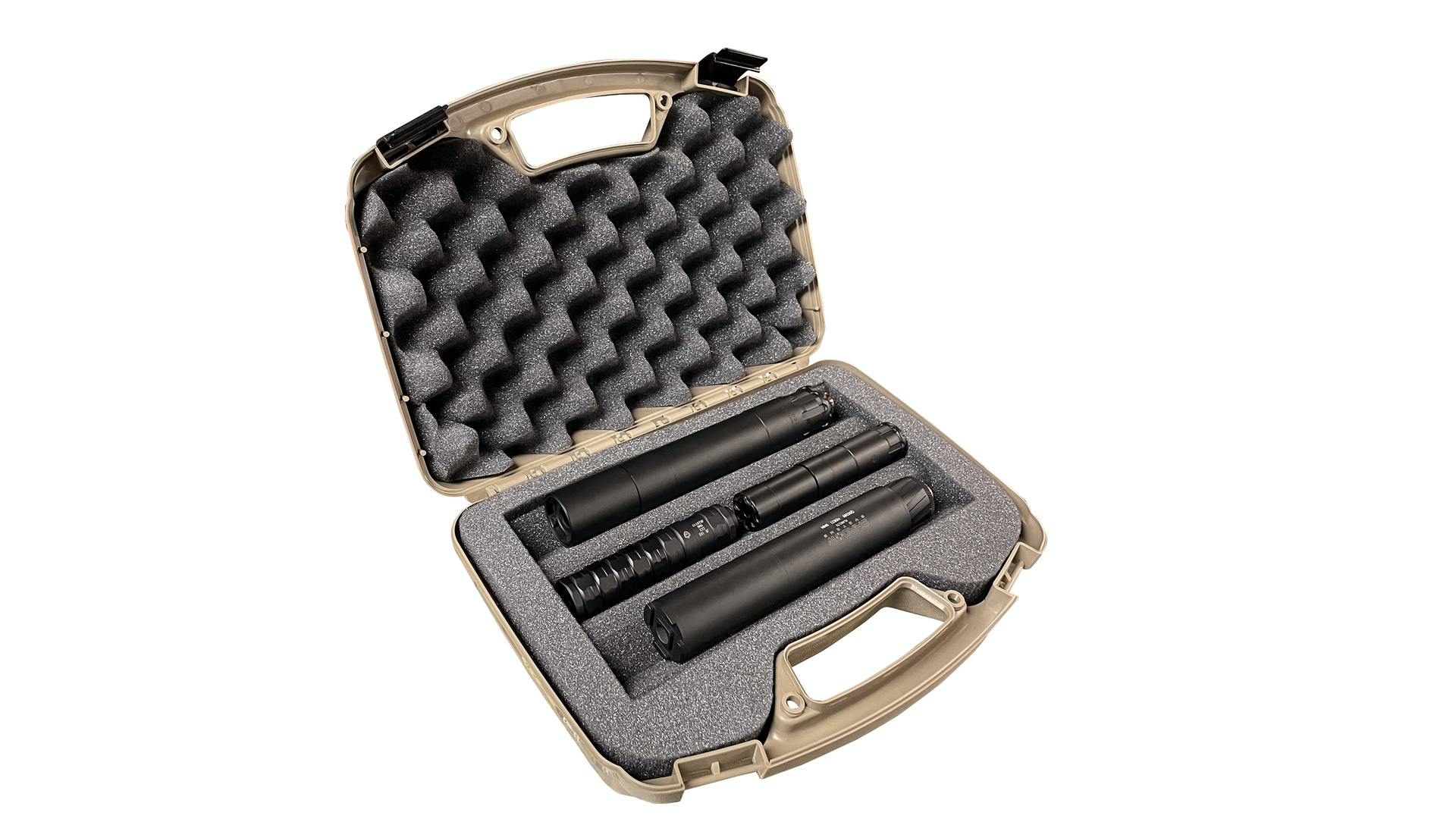
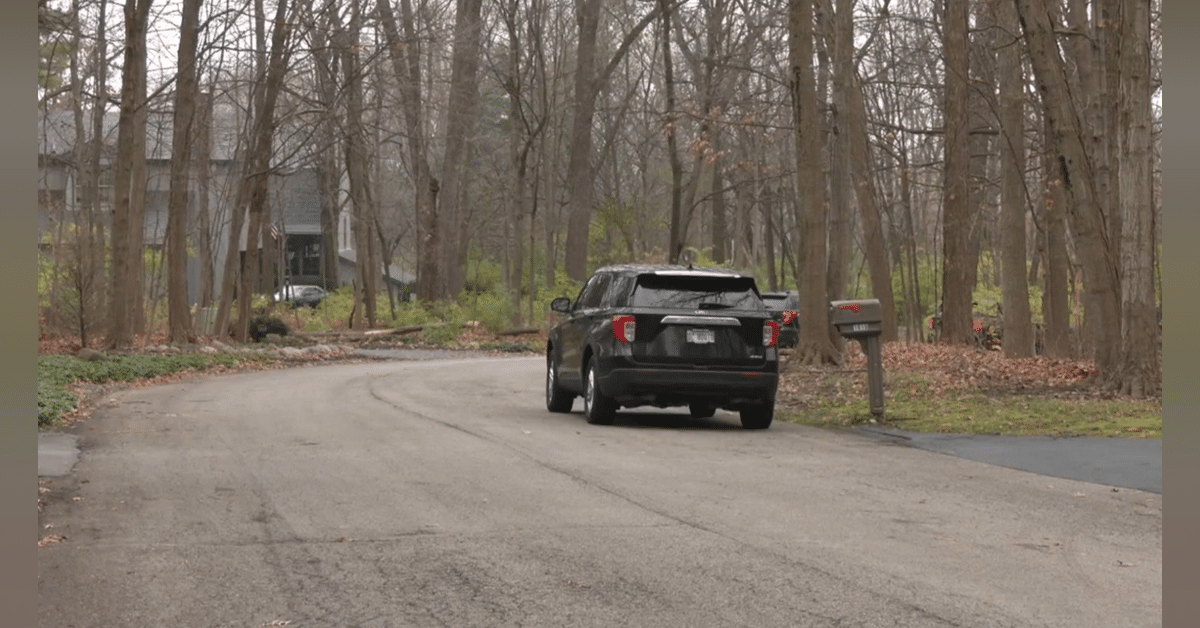



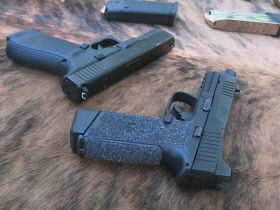

![Best Tactical Lever-Action Rifles [Field Tested] Best Tactical Lever-Action Rifles [Field Tested]](https://gundigest.com/wp-content/uploads/tactical-lever-action-rifle-feature.jpg)


Leave a Reply